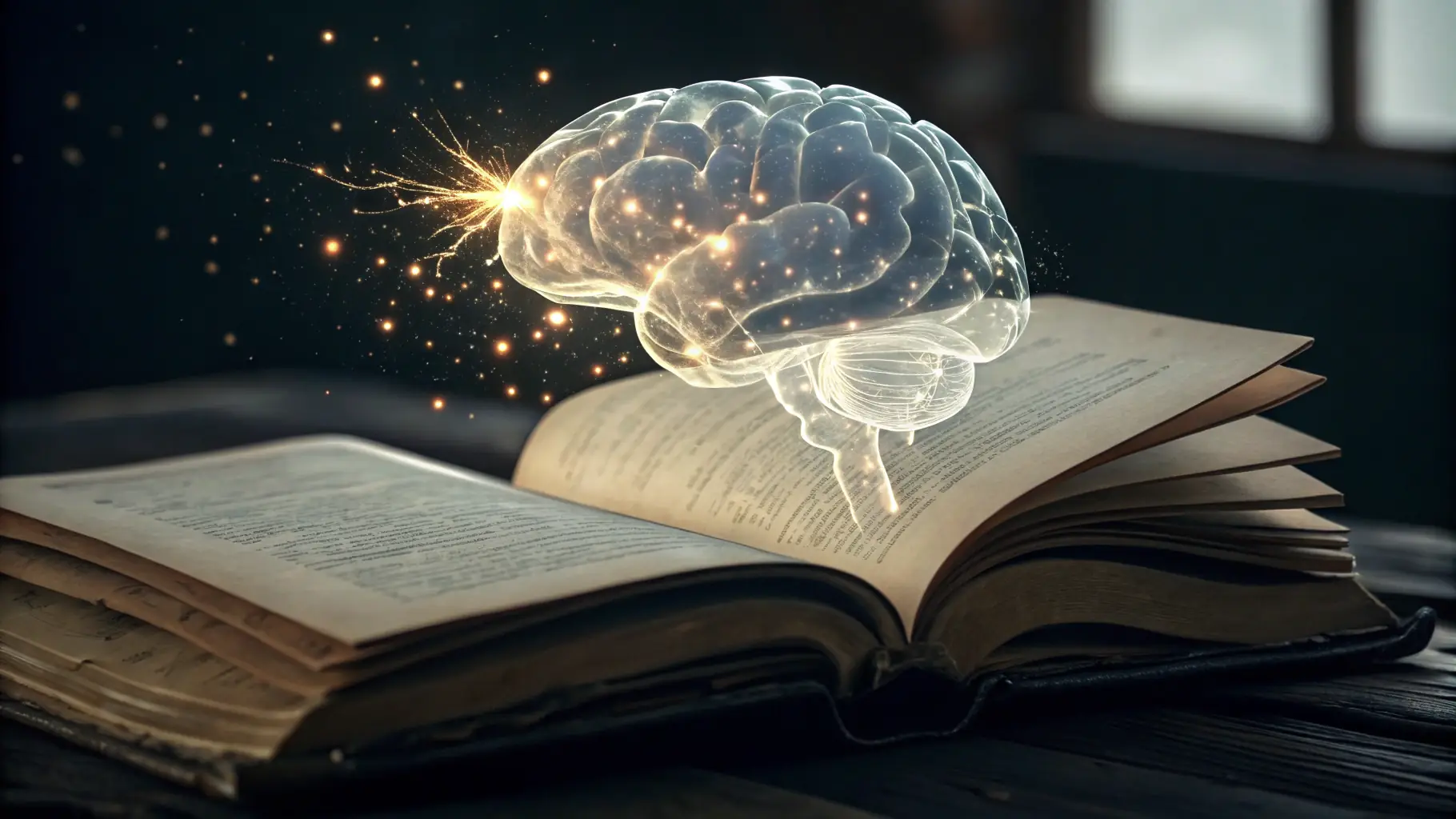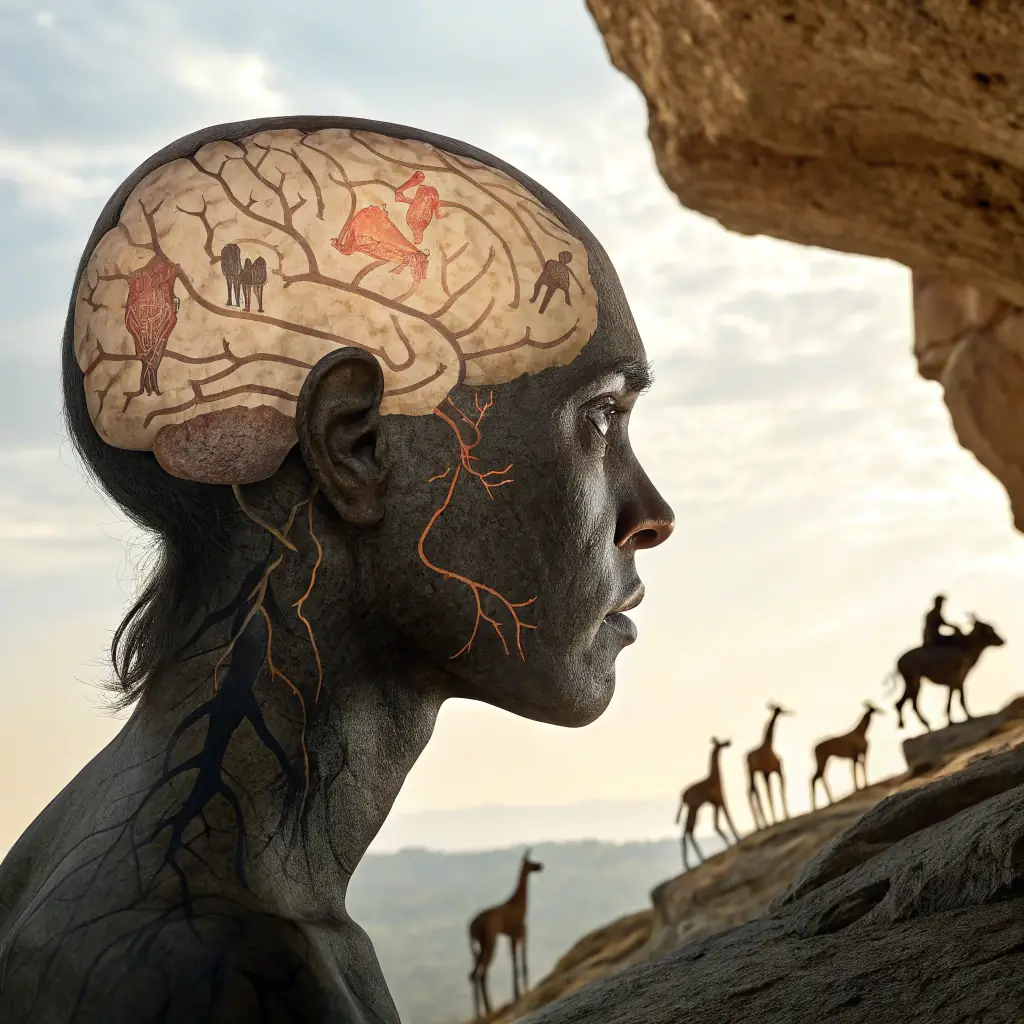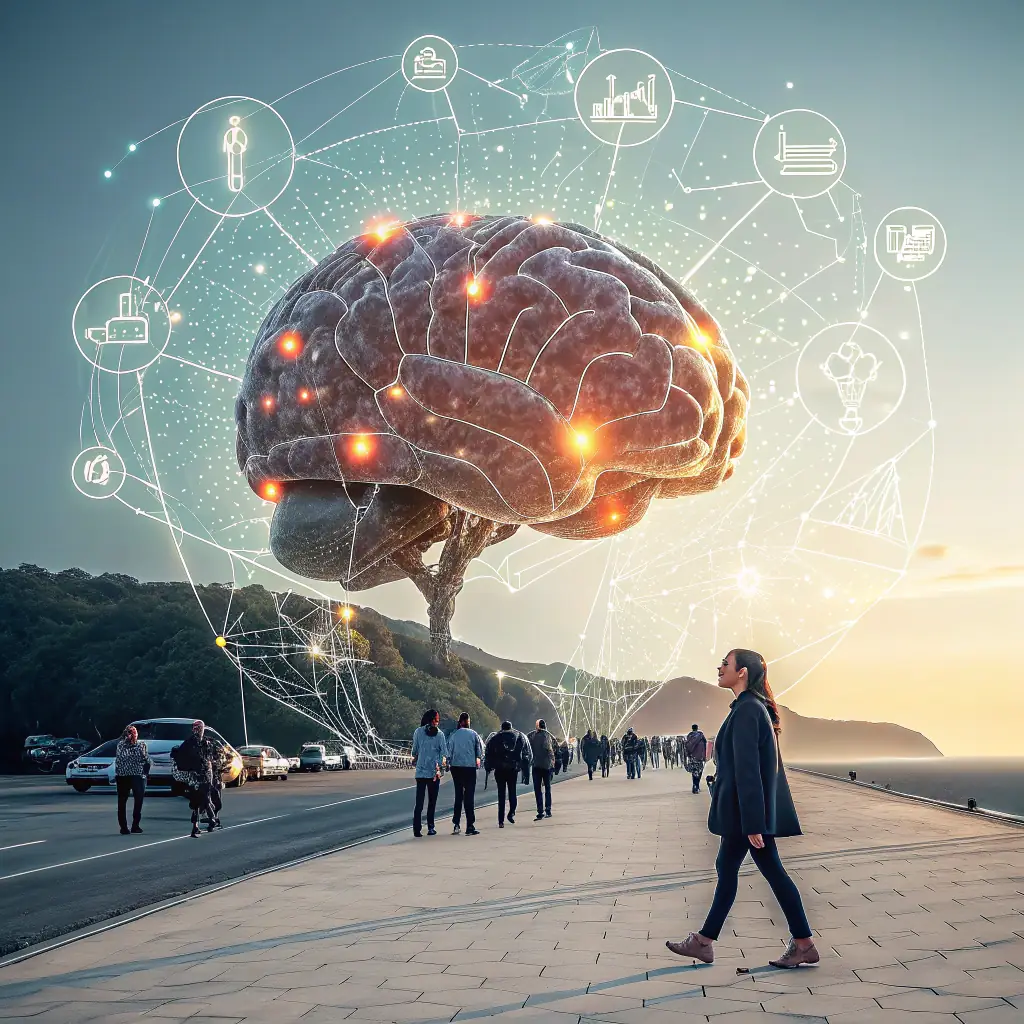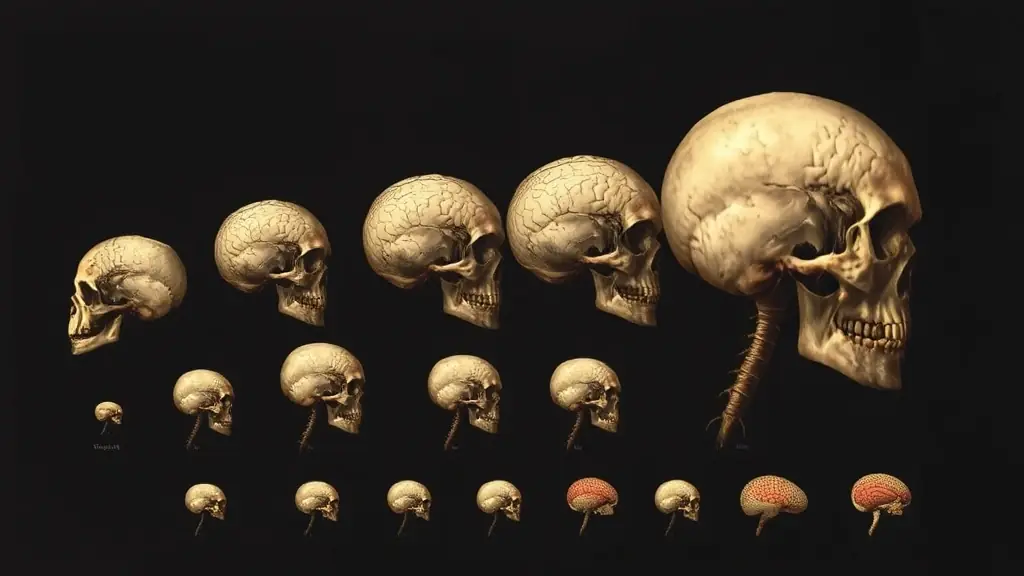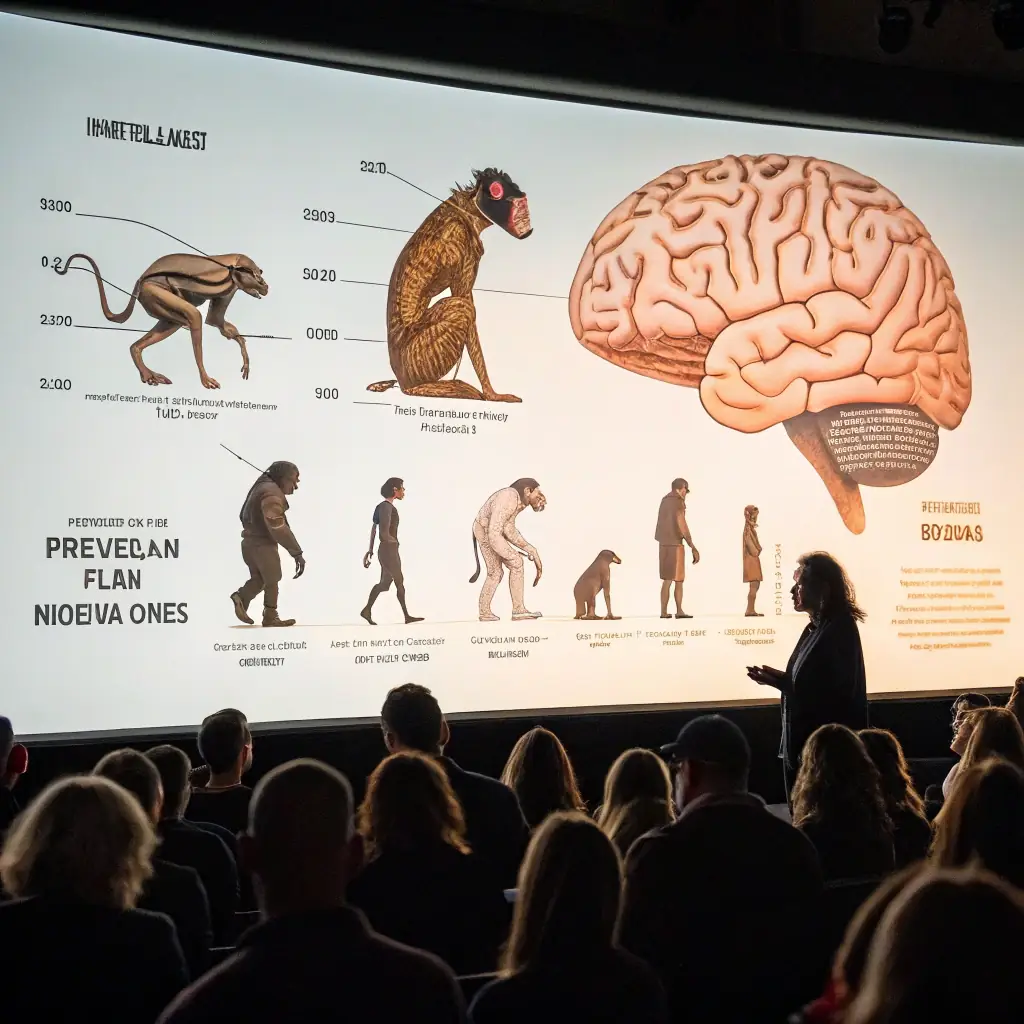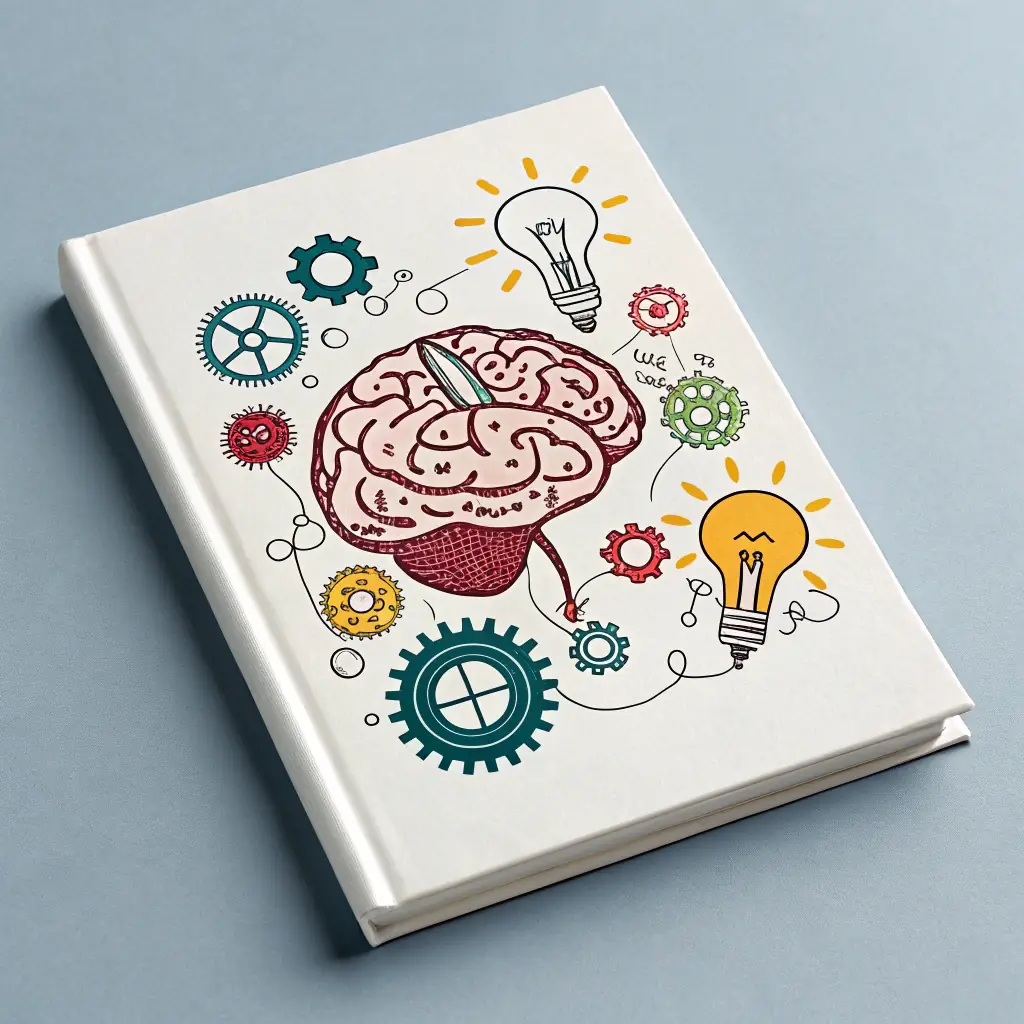Learning how to understand your brain is essential for
personal growth and mental wellbeing. When you understand your brain's
mechanisms, you can optimize cognitive performance and emotional regulation.
The ability to understand your brain empowers you to
rewire neural pathways and break free from limiting patterns. This knowledge transforms
how you approach learning, decision-making, and emotional intelligence.
89%
Better Focus
71%
Less Stress
2.3x
Faster Learning
Continuing to understand your brain through ongoing
learning and practice leads to sustained cognitive benefits and improved quality of life.
Mastering how to understand your brain requires
consistent practice and access to reliable scientific information. The resources above
provide authoritative foundations for your journey to better brain health.
As you deepen your ability to understand your brain,
you'll discover practical applications for improving memory, focus, and emotional resilience
in your daily life.

